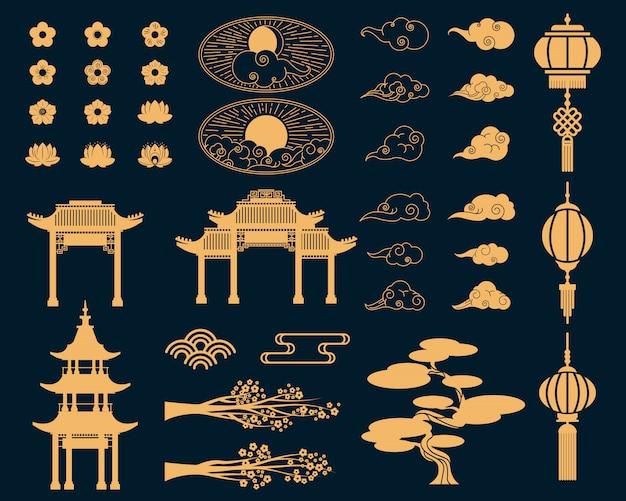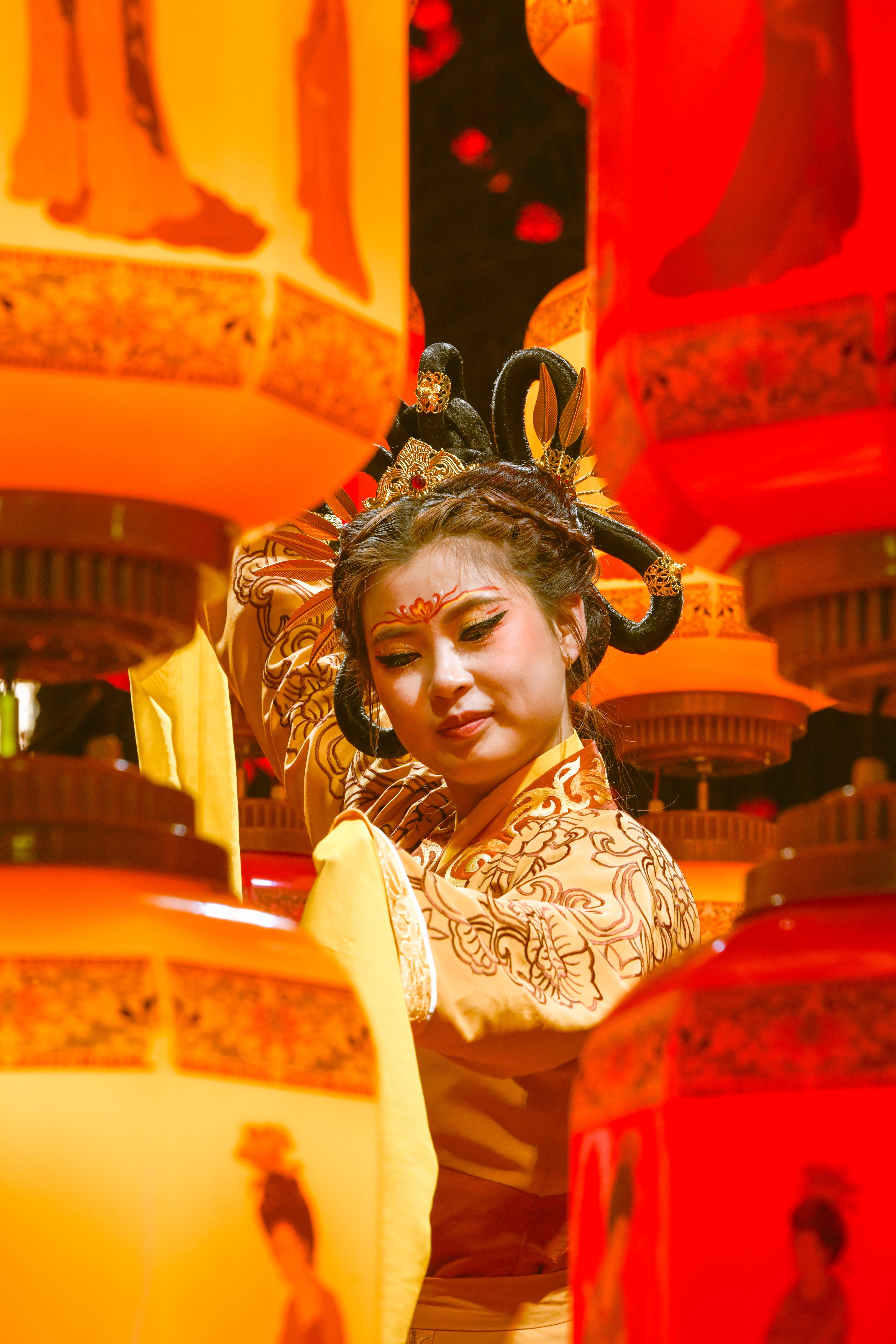Have you ever been intrigued by the rich history and incredible achievements of Chinese civilization? From the ancient dynasties to remarkable inventions, China holds a profound place in human history. In this blog post, we delve into the deep-rooted contributions of Chinese civilization and explore the transformations that occurred within its dynasties.
From the breathtaking Great Wall to the awe-inspiring Terracotta Army, Chinese civilization has left an indelible mark on the world. Throughout its millennia-long existence, China has witnessed the rise and fall of numerous dynasties, each with its own unique qualities and contributions. As we unravel the mysteries of ancient China, we will uncover the reasons behind the rise and fall of dynasties, delve into the remarkable achievements of the Han Dynasty, and explore the legendary Mandate of Heaven.
If you’re curious about the wonders of Chinese civilization or eager to learn more about its historical significance, join us as we embark on a captivating journey through time and uncover the extraordinary contributions of this ancient culture.
So, without further ado, let’s dive into the wonders of Chinese civilization and discover the brilliance that has shaped our world today.

What Are the Contributions of Chinese Civilization
Chinese civilization, with its rich history spanning over thousands of years, has made significant contributions to various fields that have shaped the world as we know it today. From advancements in science and technology to cultural developments and philosophical ideas, the Chinese have left an indelible mark on human civilization.
Science and Technology: Exploring the Art of Innovation
When it comes to scientific and technological advancements, the Chinese have played a vital role. One standout contribution is the invention of paper. Yes, you read that right – the handy tool you use to jot down your brilliant ideas or doodle during long meetings can be traced back to ancient China. Thanks to this ingenious invention, knowledge became more accessible and paved the way for the spread of information across the globe.
Moving on from paper, let’s talk about something electrifying – fireworks! We owe this dazzling display of explosions to the Chinese, who discovered gunpowder during their quest to unlock the secrets of immortality. While immortality may still elude us (rats!), the discovery of gunpowder revolutionized warfare and celebrations alike.
Art and Culture: Painting the Town, Literally
Chinese painting and calligraphy have long captured the world with their distinctive style and elegance. Masters like Wang Ximeng and Wu Daozi have created breathtaking works that span generations. These artistic endeavors not only brought beauty but also documented the history, beliefs, and values of Chinese civilization.
But the contributions of Chinese civilization to art don’t stop at paintings and calligraphy. Have you ever marveled at the porcelain vases and dishes in museums or your grandmother’s china cabinet? Well, you can thank the Chinese for that too! From delicate designs to vibrant colors, Chinese porcelain has become a symbol of refinement and elegance worldwide.
Philosophy and Thought: Pondering Life’s Big Questions
Chinese civilization has also gifted us with profound philosophical ideas that continue to shape our understanding of the world. One such influential school of thought is Confucianism, which emphasizes the importance of social harmony, respect for elders, and the pursuit of personal and communal morality. It’s like having a wise senior citizen as your life coach, reminding you to be a decent human being.
Taoism, on the other hand, offers a different perspective. It encourages living in harmony with nature, embracing simplicity, and going with the flow. Think of it as the laid-back, go-with-the-flow friend who always keeps you grounded.
Cuisine: The Art of Tantalizing Taste Buds
No discussion about Chinese civilization would be complete without mentioning its delectable cuisine. From mouthwatering dumplings to fiery Sichuan hotpots, Chinese food has conquered the taste buds of food enthusiasts worldwide. The Chinese certainly have a flair for mixing flavors, textures, and colors that create a symphony of deliciousness in every bite.
In Conclusion
The contributions of Chinese civilization are myriad and have undoubtedly left an indelible mark on human history. From technological innovations to philosophical ideas and tantalizing cuisine, Chinese culture continues to inspire and enrich our lives in ways we might not even realize. So, the next time you’re writing on paper, admiring a delicate porcelain vase, contemplating the meaning of life, or indulging in some mouthwatering Chinese takeout, take a moment to appreciate the enduring contributions of Chinese civilization.

Frequently Asked Questions About Chinese Civilization
Why did Chinese dynasties fall
Chinese dynasties fell for various reasons, including internal conflicts, external invasions, corruption, economic issues, and social unrest. These factors often led to a loss of legitimacy and the collapse of the ruling government.
Who is the most famous leader of the Chinese Han Dynasty
The most famous leader of the Chinese Han Dynasty is Emperor Wu. He was a visionary ruler known for his military prowess and expansionist policies. Emperor Wu greatly enhanced the empire’s size and power, making him a prominent figure in Chinese history.
How did dynasties change in China
Dynasties in China changed through a combination of military conquests, political revolutions, and economic transformations. New dynasties emerged when a ruling power lost its grip on authority, leading to the rise of a new ruling family and a shift in governance.
What are two Han achievements
The Han Dynasty had numerous impressive achievements, but two notable ones are the establishment of the Silk Road and the invention of paper. The Silk Road opened up trade routes between East and West, fostering cultural exchange and economic growth. As for paper, its invention revolutionized communication and had a profound impact on the development of knowledge and writing.
Why did Chinese empire fall
The Chinese empire fell due to a combination of external invasions, constant internal conflicts, corrupt rulers, economic decline, and social unrest. These factors weakened the empire’s foundations and ultimately led to its downfall.
Who was the leader of the Han Dynasty
The leader of the Han Dynasty was Emperor Gaozu. He rose to power after overthrowing the previous dynasty and established the foundation for the Han Dynasty’s success. Emperor Gaozu’s leadership laid the groundwork for a long and prosperous rule.
Is Cantonese Han Chinese
Yes, Cantonese is a major dialect of the Han Chinese, who form the majority ethnic group in China. Han Chinese includes various regional dialects, and Cantonese is primarily spoken in the southern provinces of China.
Who was the greatest Han emperor, and why is he considered to be so great
Many consider Emperor Wu to be the greatest Han emperor due to his remarkable achievements. He successfully expanded the empire, promoted cultural and economic development, and implemented influential reforms. Emperor Wu’s legacy as a transformative leader earned him the title of one of the Han Dynasty’s greatest rulers.
What is the Chinese mandate of heaven
The Chinese mandate of heaven is a concept that originated in ancient China. It suggests that a ruler’s authority and legitimacy rely on their virtuous behavior and ability to govern with the best interests of the people in mind. If a ruler fails to uphold these virtues, it is believed that the mandate of heaven may be withdrawn, leading to their downfall.
What are the contributions of Chinese civilization
Chinese civilization has made significant contributions to various fields. These include advancements in technology, such as the invention of paper, printing, and gunpowder. Chinese civilization also excelled in art, architecture, philosophy, and medicine. Additionally, their mathematical innovations, including the invention of the decimal system and the concept of zero, greatly influenced the modern world.
What were the greatest achievements of the Chinese dynasties
The Chinese dynasties achieved remarkable feats throughout their existence. Some of their greatest achievements include the construction of the Great Wall, the development of an advanced bureaucracy, the creation of the civil service examination system, and the refinement of various artistic and cultural practices. These achievements shaped Chinese history and left a lasting impact on the world.
What are 5 Chinese inventions
Chinese civilization has gifted humanity numerous remarkable inventions. Five notable ones include:
- Paper: The invention of paper revolutionized the way information was recorded and disseminated.
- Compass: The compass greatly aided navigation and played a crucial role in maritime exploration.
- Gunpowder: The discovery of gunpowder transformed warfare and led to the development of powerful weapons.
- Printing: The invention of printing revolutionized the spread of knowledge by enabling mass production of books and other written materials.
- Porcelain: Chinese artisans mastered the creation of exquisite porcelain, which became highly sought-after worldwide.
Now that you have a better understanding of Chinese civilization and its contributions, you can appreciate the rich and influential history of this ancient culture. Explore further to discover even more intriguing aspects of Chinese heritage.
